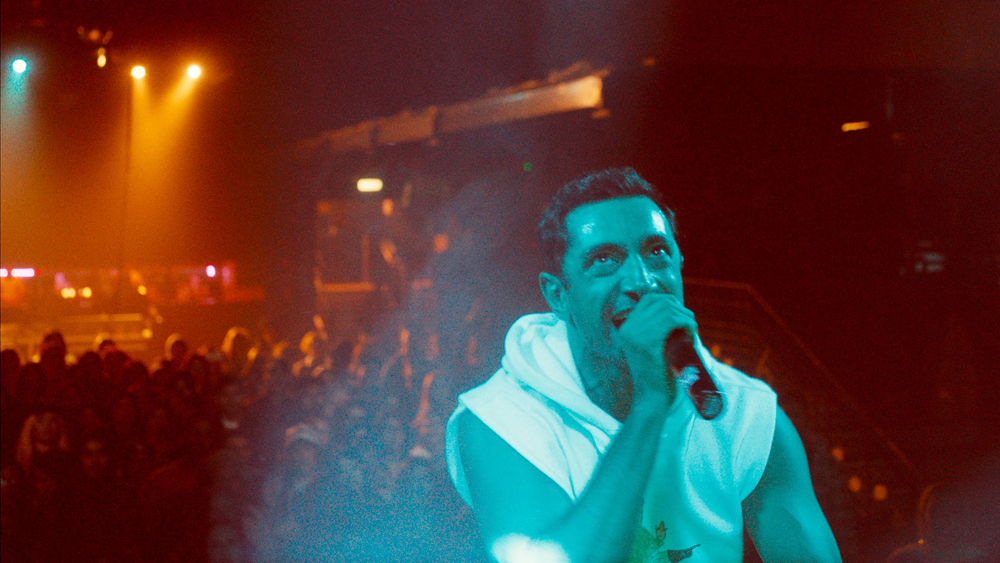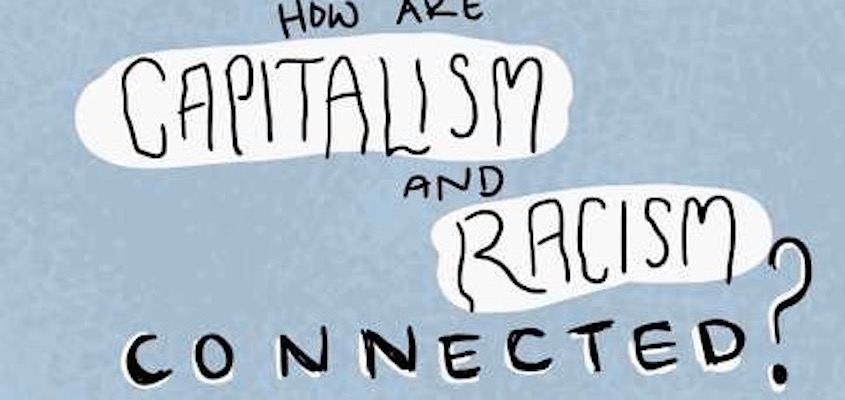(ThyBlackMan.com) “I’m built to prove myself,” chants Zed (Riz Ahmed, Sound of Metal), a rebellious British/Pakistani rapper. Brazenly, he’s sharing a new, defiant perspective on the South Asian experience in the Western world.
Culture clash powers this feature film debut by documentary director Bassam Tariq. It’s a reckoning for the central character and anyone who has drifted into a culture not their own and forsaken their roots and family. The thoughtful premise and profound script are a collaborative effort by the Oscar-nominated actor Ahmed and the Sundance award-winning filmmaker Tariq.
The film’s title is taken from a song by the British hip-hop group Swet Shop Boys (featuring rappers Heems and Riz MC and producer Redinho). Ahmed, aka Riz MC, explains the tune’s virtues, “The song’s about being torn between different sides of your identity, being descended from moguls and rich heritage, but living as Mowgli, lost in the urban jungle far away from the village that was once home.” In this case, specifically, it’s about the Pakistani immigrant experience. However, universally, anyone part of a diaspora living in a land that’s not the birthplace of their ancestors can relate. And so, this modern, urban, nonnative parable in many ways explores a shared experience.

The London rapper Zed is about to make it big-time. His manager Nasra (Sudha Bhuchar) has booked him on a tour as the opening act for a superstar. Finally good money and the recognition he’s coveted is coming his way.
Zed’s freestyling isn’t about bedding women, smoking weed or gang fights. His brilliant streams of thought confront colonialism, imperialism and racism put upon brown-skinned people by white culture. Zed raps: “They put their boots on our ground” (colonialism); “I’ll put my roots on their ground” (immigration); “I put my truth in this sound” (self-expression based in rapping); “I spit my truth and it’s brown” (his fiery spoken words convey a Pakistani perspective).
Weakness in Zed’s right leg and other odd muscle spasms plague him. Something is wrong. Fate and destiny are playing mean tricks. A diagnosis reveals a crippling autoimmune disease. A disturbing image of a man with flower curtains on his face haunts him. Zed falls into the loving arms of the family he’s neglected for his ambitious career. His mother, siblings and particularly his conservative father Bashir (Alyy Khan) console him. Dad finds it hard to understand his “Londonstani” son who eschews tradition.
This poignant journey into the rap world, as seen through the eyes of a brilliant but struggling Pakistani MC is compelling. Toss in the culture clash, social consciousness raising, and Southeast Asian pride and the storyline becomes far more engaging and crucial than many films of this ilk. The life-altering illness and attempts at rehab test the protagonist’s will and integrity. The strained, loving but conflicting fragile father/son relationship provides the basis for the most emotionally charged subplot. Their bond is primal—fundamental in ways anyone could understand.
Tariq’s very capable direction shows its range as he guides the cast and crew through live concerts, dramatic hospital scenes and even intimate moments in a fertility center. The jealousy between Zed, who paid his dues, and the up-and-coming young impish MC RPG (Nabhaan Rizwan) is well detailed too. As the film progresses, plot pieces fit together well for the most part, except for the more visceral scenes when the constant images of the strange man with flowers wears thin.
There’s a distinct rhythm to the footage (editors Adam Biskupski and Hazel Baillie), which is never boring thanks to the atmospheric lighting and smart cinematography (Annika Summerson), authentic-looking sets (production designer Francesca Massariol) and character-appropriate clothes (costume designer Grace Snell). Any small porous holes in the production are filled by Paul Corley’s entrancing musical score.
The supporting cast revolves around Ahmed like planets around the sun. Aiysha Hart, as Bina the ex-girlfriend who distances herself from Zed in his hour of need, is sufficiently bitter. The voice of reason necessary to portray the manager has been wisely assigned to Anjana Vasan. Rizwan finds the right nuances in the young rapper who would steal his mentor’s thunder. The second brightest light in the cast is shone by Alyy Khan, who imposes an unconditional paternal love on the father figure that is questioning, learning and growing
Riz Ahmed’s gripping performance in Sound of Metal was a bellwether. He’s a consummate, sensitive actor. The brazenness of Zed’s rap performances. The dismay at his career-threatening prognosis. The arrogance with his girlfriend, love for his mom, disdain for RPG and ambivalent relationship with his father is displayed by an actor who is an emotional chameleon. Ahmed gamely straddles an array of raw feelings conveying them physically, on his face and in his eyes.
Rap, originally an inner city African American artform, has evolved into a universal language. A means of communication that a British Pakistani artist uses respectfully to articulate his experience. Ahmed, Tariq and the entire cast and crew are riding a new wave of modern, urban Southeast Asian cinema.
Trailer:
In theaters starting September 3rd, 2021
Written by Dwight Brown
Official website; http://DwightBrownInk.com




















Leave a Reply